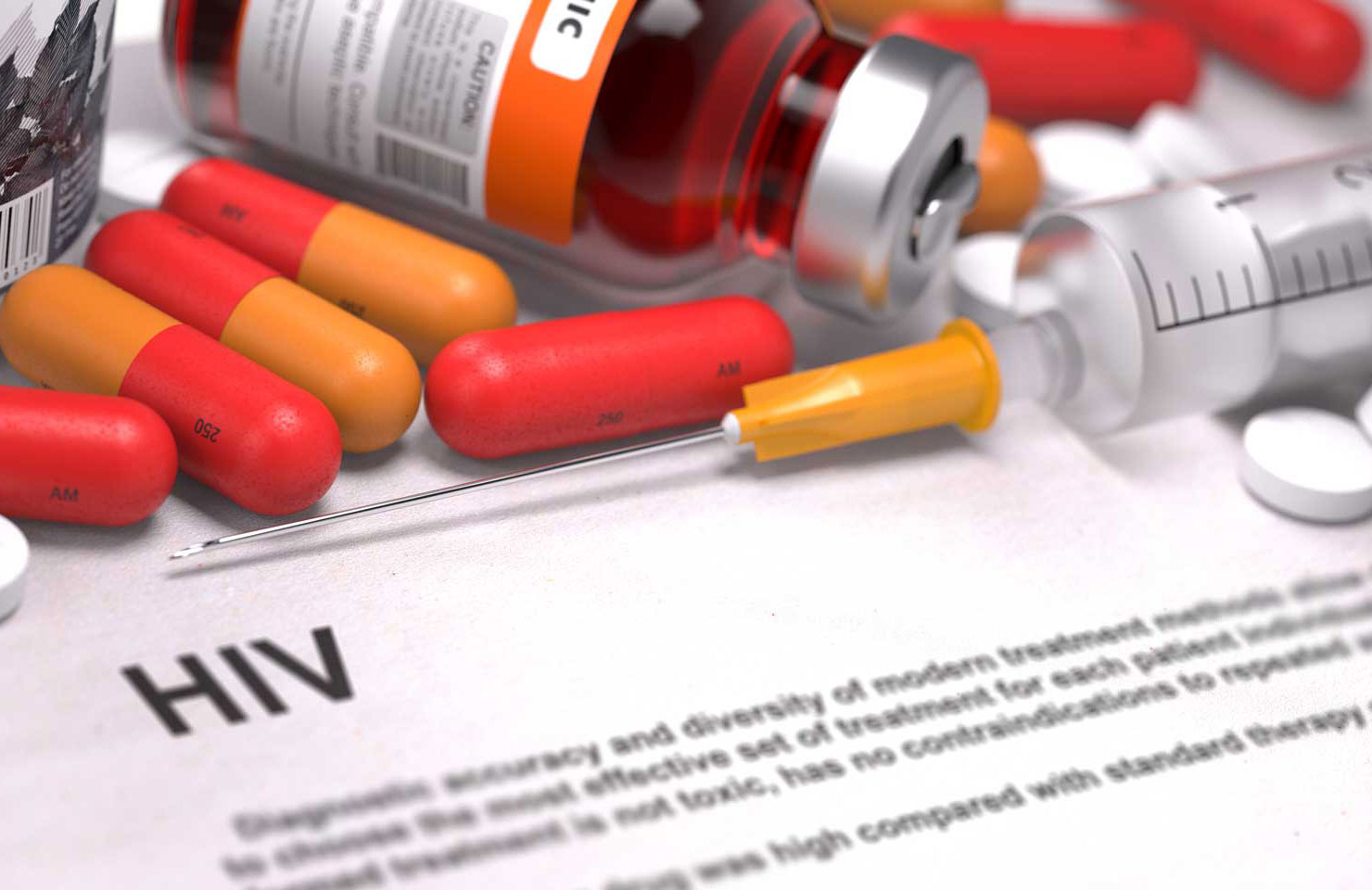An Institute scientist has helped reveal new insights into how HIV evades the body’s immune system.
People who are HIV-positive live longer than ever before, thanks to antiretroviral therapy (ART). However, although ART drastically reduces the amount of the virus in the body, it does not eliminate it. A cure for HIV does not exist.
Now, an SBP scientist has helped reveal new insights into how HIV evades the body’s immune system and continues replicating—which could inform the development of more effective treatments—and perhaps a cure one day. Conducted in collaboration with researchers at Ulm University in Germany, the study was published in eLife.
While the immune system launches a significant effort to fight HIV, the virus is still able to replicate and spread efficiently. This success can be explained in part by several viral factors that trick the immune system. These include four “accessory” proteins that help HIV persist at high levels in the body. The scientists focused their investigation on one of these proteins, called the viral protein U (Vpu).
“When cells are infected by HIV, they can send alarm signals to healthy cells, telling them to fight against viral pathogens and thereby prevent the spread of infection. However, HIV uses Vpu to silence some of these signals,” says Simon Langer, PhD, a lead author of the study and current postdoctoral fellow at SBP in the lab of Sumit Chanda, Ph.D.
In the study, the team infected human cells with HIV variants that produced intact or defective Vpu protein. Then they analyzed the cells’ response to the infection, particularly which genes are switched on and off.
Their results revealed that Vpu plays a broader role in suppressing the immune system’s response to infection than previously thought. By switching off a “master regulator” of immune activation, a protein called NF-κB, Vpu weakens the body’s ability to produce warning signals and cellular factors that mount an antiviral immune response in infected individuals.
These findings contribute to the current understanding of how HIV tricks the immune system and could open new potential avenues for effective treatment strategies.
The additional co-first authors of the study are Christian Hammer and Kristina Hopfensperger.
Additional authors of the study are Paul D. De Jesus, Kristina M. Herbert, Lars Pache, Sumit Chanda (SBP); Jacques Fellay (Swiss Institute of Bioinformatics and École Polytechnique Fédérale de Lausanne); and Daniel Sauter, Lukas Klein, Dominik Hotter, Nikaïa Smith, Johannes A. van der Merwe, Frank Kirchhoff (Ulm University).
The study’s DOI is 10.7554/eLife.41930.
